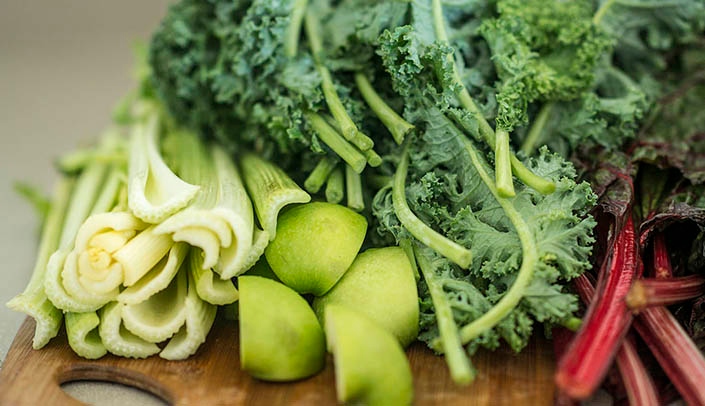This article should probably be called “Things I Learned from Composting”. In part one and part two of this series, I told you how I started a compost pile in my backyard, made changes to it and am reducing my landfill waste while creating a valuable product.
The compost in my backyard is a great, chemical-free fertilizer that is gentler on plants, stores carbon and amends the soil. Composting is free to do, doesn’t have an odor if done correctly, and saves money on garbage hauling and trash bags.
Composting can really be done by anyone, even me. I didn’t need to move to a farm to start composting. Suburban living with a backyard may be ideal — just remember, no animal products in the compost to avoid critters. Even if you live in a city apartment or don’t have a yard, you can compost. Use an enclosed bin that spins, or you can vermicompost inside. If you don’t want to compost, that is fine. There are services that will pick up your food waste and compost it for you, and Omaha is about ready to start a drop-off service.
Composting opened my eyes to the food that was wasted in our house. It made me pay attention to how much food we threw away. I started to make sure I only bought what I needed. I froze what I couldn’t use and planned more meals around leftovers. If you need help planning meals, figuring out how much food to fix for a group, or wonder how to freeze a specific item, check out savethefood.org. I also encouraged my family to only take what they wanted on their plates, a small amount first, then coming back for seconds if still hungry. This resulted in less food being thrown away — and besides, I hate scraping plates.
During food prep, you can use the onion peels, celery ends and other veggie scraps to make your own vegetable broth, saving resources and money on the grocery bill. What seems like small changes really adds up — the U.S. throws away 40% of edible food and a family of four throws away at least $1,500 a year on wasted food.
Even with best efforts, there will still be food scraps that need to be composted. And anyone can compost, even you!
